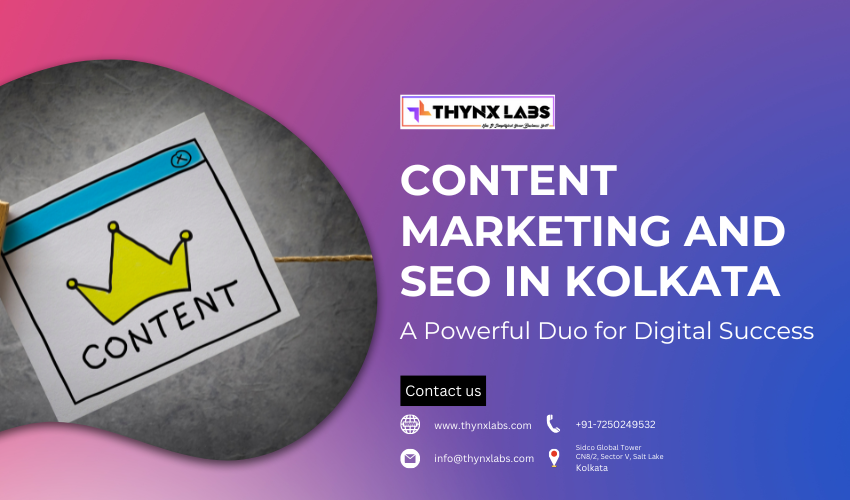Digital Growth Marketing
Digital Growth Marketing: Driving Success in the Digital Age
In the ever-expanding digital landscape, businesses are constantly seeking innovative strategies to expand their online presence, engage their audience, and boost revenue. One such strategy that has gained immense prominence is Digital Growth Marketing. But what exactly is Digital Growth Marketing, and why is it crucial for businesses in the digital age?
Understanding Digital Growth Marketing
Digital Growth Marketing is a comprehensive, data-driven approach to marketing that focuses on optimizing every stage of the customer journey. It involves leveraging a combination of digital channels, analytics, creative techniques, and customer feedback to attract, engage, and convert prospects into customers. Unlike traditional marketing, Digital Growth Marketing is highly dynamic, adapting to evolving consumer behaviors and market trends in real-time.
Key Components of Digital Growth Marketing
- Data-Driven Decision Making: Digital Growth Marketing relies heavily on data analytics. Marketers analyze user behavior, preferences, and interactions to make informed decisions, refine strategies, and enhance user experience.
- Multichannel Approach: Digital Growth Marketing spans multiple digital channels, including social media, search engines, email, content marketing, and paid advertising. By diversifying the approach, businesses can reach a broader audience and maximize their impact.
- Conversion Rate Optimization (CRO): CRO involves optimizing websites and digital assets to increase the percentage of visitors who take desired actions, such as making a purchase or filling out a form. It focuses on enhancing user experience to drive conversions.
- Content Marketing: Creating valuable, relevant, and engaging content is at the core of Digital Growth Marketing. Content educates, entertains, and informs the audience, establishing trust and credibility, and ultimately driving conversions.
- Social Media Engagement: Social media platforms provide a powerful medium to connect with the audience, build relationships, and promote products or services. Social media engagement is crucial for brand visibility and customer interaction.
- SEO and SEM: Search Engine Optimization (SEO) and Search Engine Marketing (SEM) are vital components. SEO ensures that websites rank organically in search engine results, while SEM involves paid advertising strategies to increase visibility.
- Email Marketing: Email remains a highly effective channel for communication. Digital Growth Marketing utilizes targeted email campaigns to nurture leads, promote products, and retain customers.
Why Digital Growth Marketing Is Important
- Targeted Reach: Digital Growth Marketing allows businesses to target specific demographics, interests, and behaviors, ensuring that marketing efforts are focused on the most relevant audience segments.
- Measurable Results: Unlike traditional marketing, digital strategies offer detailed analytics and metrics. Marketers can track every interaction, measure campaign performance, and adjust strategies in real-time based on the data.
- Cost-Effectiveness: Digital marketing campaigns can be tailored to fit various budgets. Businesses can optimize their spending based on the channels that deliver the best ROI, maximizing the impact of their marketing budget.
- Enhanced Customer Experience: Digital Growth Marketing emphasizes user experience, ensuring that websites are user-friendly, content is valuable, and interactions are seamless. A positive user experience leads to higher customer satisfaction and loyalty.
- Adaptability: In the fast-paced digital landscape, trends and consumer behaviors change rapidly. Digital Growth Marketing strategies can be adapted and modified swiftly to align with evolving market dynamics and consumer preferences.
- Global Reach: Digital platforms enable businesses to reach a global audience. Whether local or international, businesses can expand their reach beyond geographical boundaries, tapping into new markets and customer segments.
In conclusion, Digital Growth Marketing is pivotal for businesses aiming to thrive in the digital age. By leveraging data-driven insights, embracing multichannel strategies, and focusing on enhancing user experience, businesses can establish a strong online presence, engage their audience effectively, and achieve sustainable growth in the competitive digital landscape.


